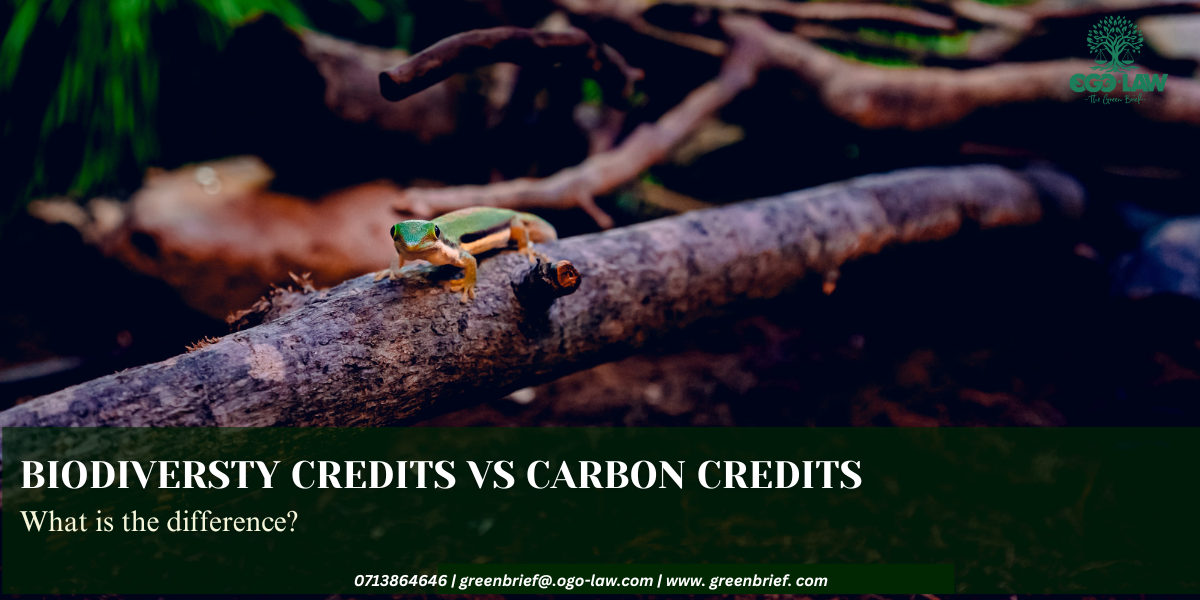As we continue to witness the effects of climate change, Mazingira day reminds us that it is our shared responsibility to protect, restore and sustain our environment. As we mark Mazingira Day 2025 under the theme “Citizen-Centric Tree Growing and Environmental Stewardship” we turn the spotlight on the word “Environmental Stewardship.” We shall particularly address the government’s role in enabling citizens to play an active role in shaping a greener, more sustainable future. This is because while individual effort matters, true transformation demands systems that empower and sustain citizen action.
Environmental stewardship can be defined as the responsible management and protection of the natural environment and its resources through conservation and sustainable practices by individuals, communities, governments and organizations. In Kenya we have powerful examples of what happens when people stand up for the environment. For instance, Karura Forest Reserve stands tall today because citizens refused to be silent and fought to restore and preserve the public forest. What was once threatened by illegal logging and land grabbing, is now a thriving urban forest that serves communities in Nairobi. On the other hand, projects like Aberdare Road (matter still ongoing in court) and the Nuclear energy plant project reminds us that infrastructure and environment must co-exist and that development cannot come at the cost of destruction to forests, livelihoods and harm to wildlife.
So how do Governments’ enable citizen-centric environmental stewards?
1. Through creation of laws and policies – Kenya has very robust laws and regulations such as the Environmental Management and Coordination Act Cap. 387, Climate Change Act Cap. 387A, Wildlife Conservation and Management Act Cap. 376 among many others as well as their enabling regulations, rules and National policies that govern environmental and climate change matters including our Constitution which grants every person the right to a clean and healthy environment. Therefore, with all these laws in place, the government should actively, consistently and transparently enforce the said laws.
2. Fostering transparency and public participation – For citizens to be meaningfully involved, they must be informed because an informed citizen is an empowered citizen. The government facilitates this through providing timely, relevant and accessible information. Additionally, during public consultations which should not just be a mere formality, the government must ensure the development projects reflect community interests and do not cause undue harm.
3. Providing incentives for environmental action – To sustain citizen actions, the government should create a system of incentives that make green choices more economically viable and rewarding. This is done by partnering with community organizations, involving communities directly in projects such as carbon trading.
4. Educating and empowering future stewards – The government has a responsibility of embedding sustainable environmental practices through school programs or government initiated programs to ensure that the country raises a generation that is environmentally conscious.
The government as a true environmental steward should not only regulate but also enable citizens in their actions to create an environmentally friendly ecosystem. This means that as a nation we need to move from planting for publicity to growing for prosperity.
As we celebrate this years’ Mazingira Day, let this not be another ceremony but a moment where citizens walk hand in hand with the government. Additionally, the government must lead boldly, citizens must act courageously and together we must protect the only home we have.
HAPPY MAZINGIRA DAY AND LET US ALL COMMIT TO BUILDING AN ENVIRONMENTALLY SUSTAINABLE FUTURE!





